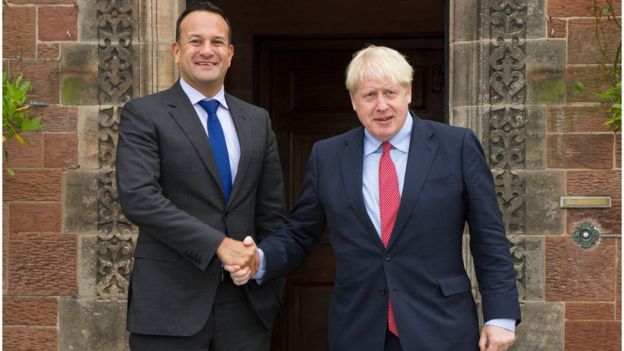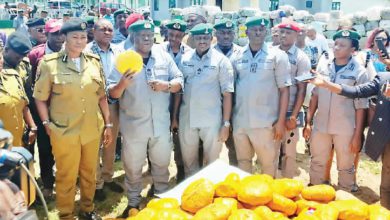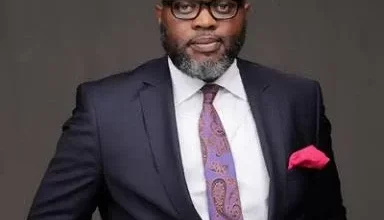
- The Irish prime minister has told BBC News he believes the EU will have the upper hand in the upcoming trade talks with the UK.
The Irish prime minister has told BBC News he believes the EU will have the upper hand in the upcoming trade talks with the UK.
Leo Varadkar compared the two sides to football teams, suggesting the EU would have the “stronger team” due to its larger population and market.
He also suggested that Britain misjudged the first phase of Brexit.
The taoiseach is meeting the EU’s chief negotiator, Michel Barnier, for talks in Dublin.
In an interview with BBC political editor Laura Kuenssberg, days before Britain is due to leave the EU, Mr Varadkar also warned against any attempt by the UK to get a “piecemeal” deal with the EU.
“When I hear people talk about piecemeal, it sounds a bit like cake and eat,” he said.
“That isn’t something that will fly in Europe.”
Mr Varadkar, the leader of the Fine Gael party, is fighting his first election campaign as taoiseach. Ireland heads to the polls on 8 February.
He told the BBC: “The European Union is a union of 27 member states. The UK is only one country. And we have a population and a market of 450 million people.
“The UK, it’s about 60[m]. So if these were two teams up against each other playing football, who do you think has the stronger team?”
The UK government aims to secure a “zero tariff, zero quota” free trade deal with the EU by the end of the year, Brexit Secretary Stephen Barclay has said.
But Mr Varadkar questioned that timetable, disagreeing with Boris Johnson’s suggestion there is “bags of time” to sign an agreement, warning “it will be difficult to do this.”
He warned there might have to be an extension to the next phase of the Brexit process, beyond the end of this year, to finalise a trade deal.
However, the Irish prime minister vowed to work “night and day” to try and get it done, adding: “We won’t be dragging our feet.”
In order to get a trade deal, there would need to be legal assurances the UK would not undercut the EU, he said, and everyone would have to agree to a “common set of minimum standards” that would have to be “high standards”.
Border row
The taoiseach also suggested the UK had misread the first phase of Brexit, saying many people in Westminster and Britain “don’t understand Ireland”.
The future of the Irish Border after Brexit was central to the first phase of negotiations.
The backstop was key to this, having been designed to ensure there would be no border posts or barriers between Northern Ireland and the Republic of Ireland after the UK leaves the EU.
On taking over as PM, Mr Johnson renegotiated Theresa May’s Brexit deal, replacing the backstop with new customs arrangements that would allow the UK to strike and implement its own trade deals with different countries.
Mr Varadkar said he did trust Mr Johnson, but it is in “black-and-white” that there will be have to be some checks on goods going from Great Britain into Northern Ireland, despite the PM’s repeated insistence to the contrary.
He said he had been genuinely fearful the UK might have to leave the EU without a deal, but a meeting with Mr Johnson on the Wirral last autumn had provided the “crucial moment” for a breakthrough.
The two leaders sat in a room, without their staff present, “talking turkey” until they found a way they could move forward, Mr Varadkar said.
“I knew when I was leaving Liverpool Airport that things were looking promising again”, he said.



